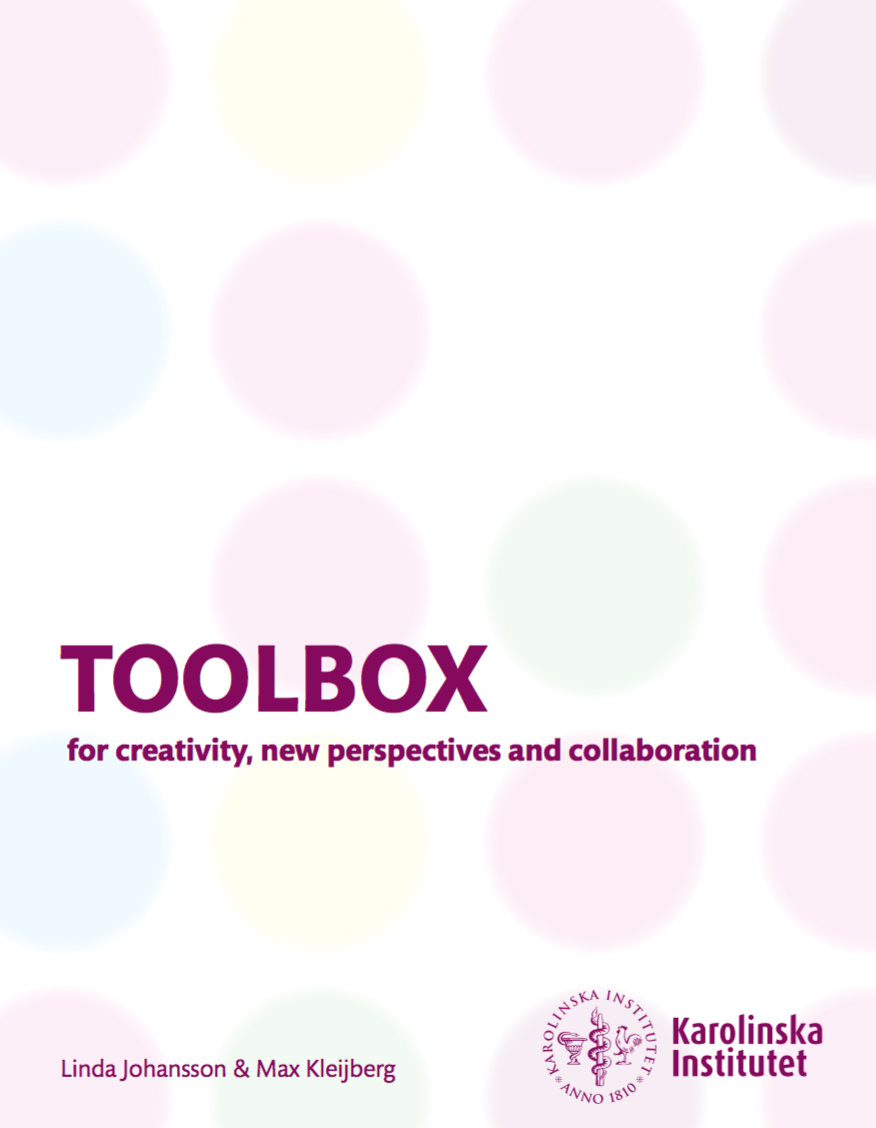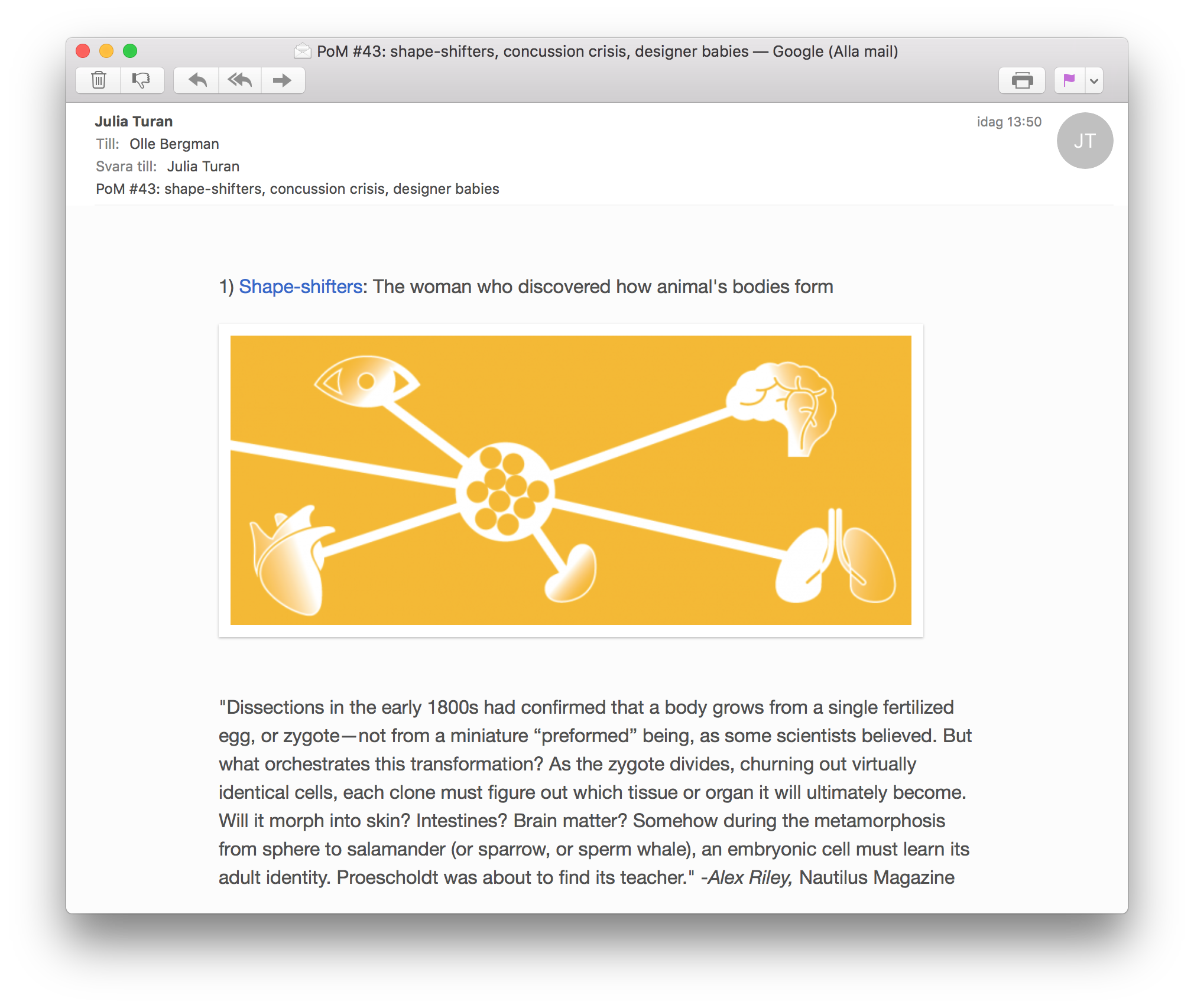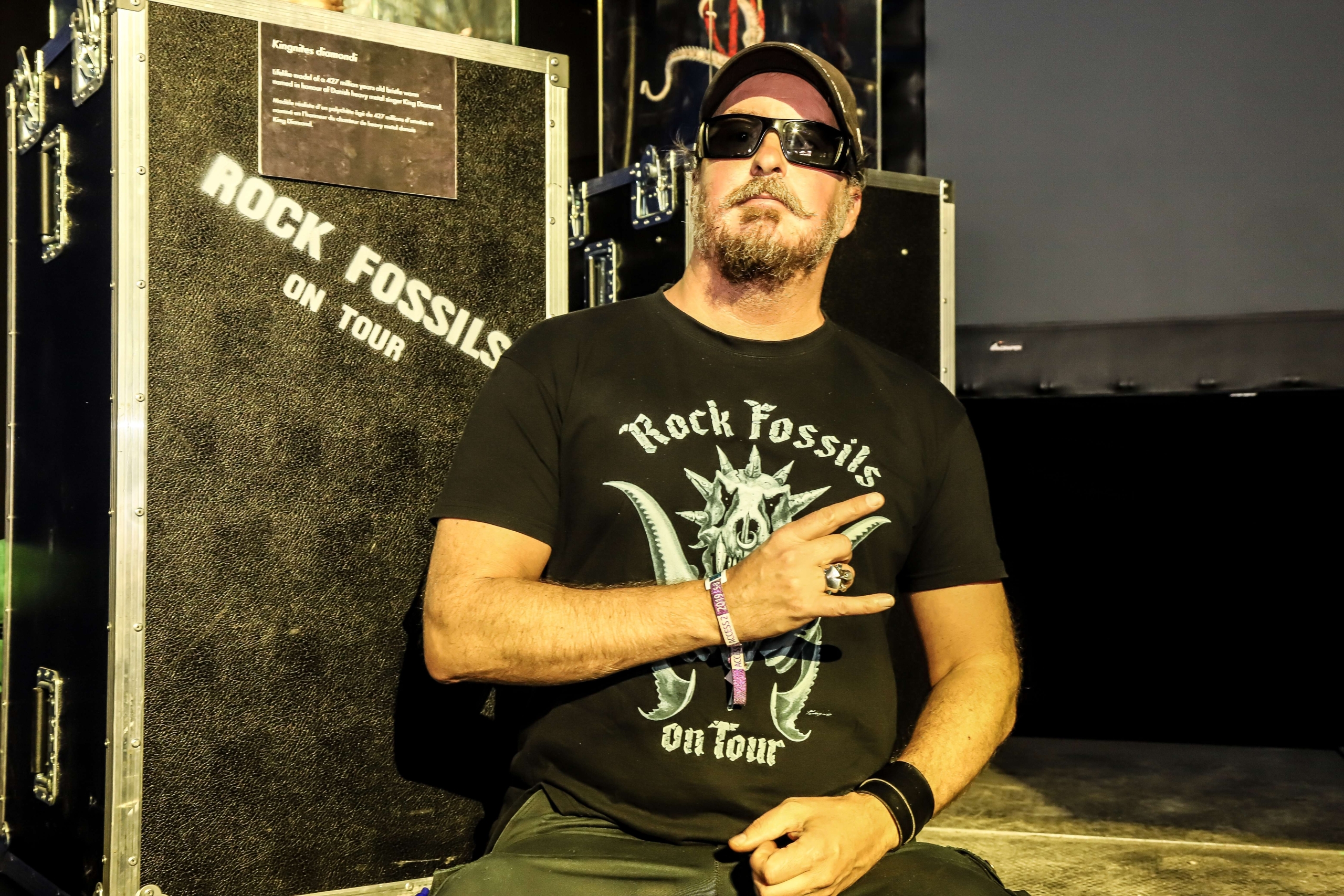Crastina is a platform for the exchange of experience, knowledge and inspiration regarding both scientific peer-to-peer communication and science dissemination
- What? An international network of (mostly young) people who love to communicate science & tech.
- Why? We think science needs to be communicated with more passion and professionalism.
- Where? On our website with interviews & resources + on social media + on Skype and IRL.
- Who? A content group (the Crew), a think tank (the Academy), + lots of friends & contacts.
- When? Right now – as a matter of fact, we’ve just geared up.

3 tips to improve your networking skills—advice from an international student
Many people tell me that they’re unable to network due to their lack of charisma and social skills, but networking is not only about that. Charisma and social skills help - mostly in terms of overcoming social awkwardness in social situations, but fortunately, networking is not purely based on your charisma. First and foremost, networking is a skill and you can learn

Toolbox from Karolinska Institutet inspires bioentrepreneurs to create and collaborate
You don’t have to be a genius to spark ideas, turn concepts on their heads or inspire groups to work in the same direction – you just need tools! A collection of such tools was newly published in English by the Unit for Bioentrepreneurship,…

How to use a mailing list to present science stories—and give your readers “Piece of Mind”
Julia Turan, neurobiologist with a passion for science communication, has chosen a special format to present worthwhile science stories: a mailing list.


















